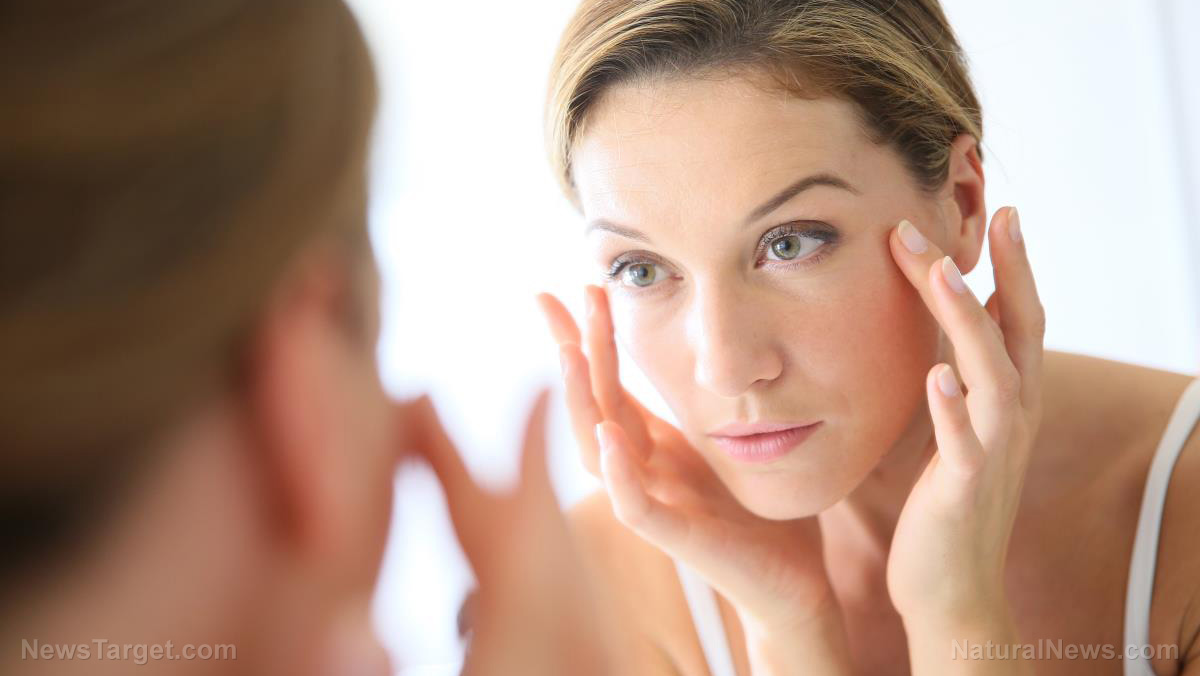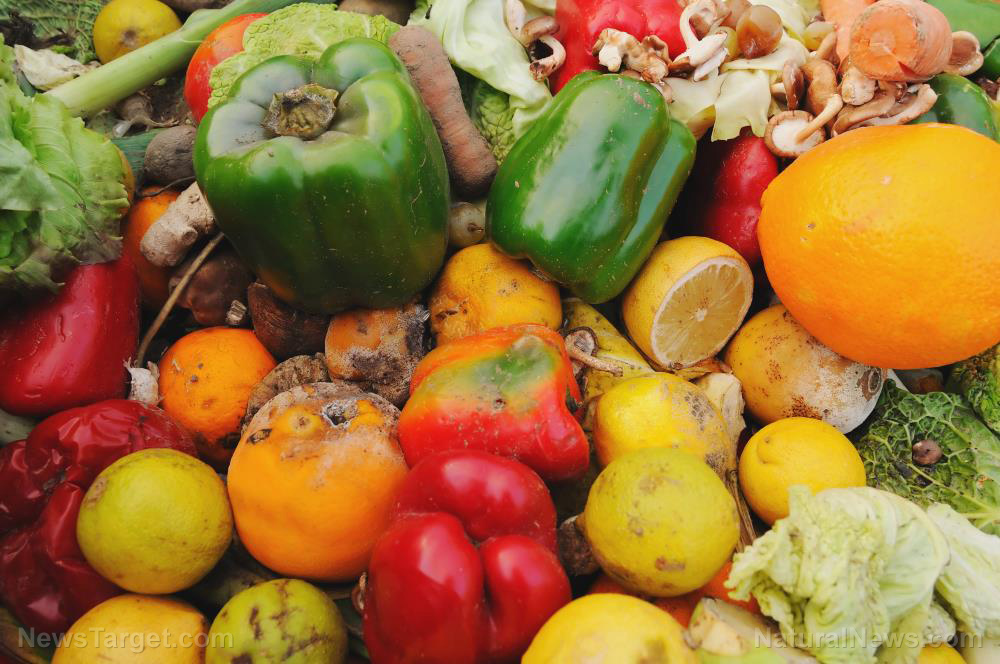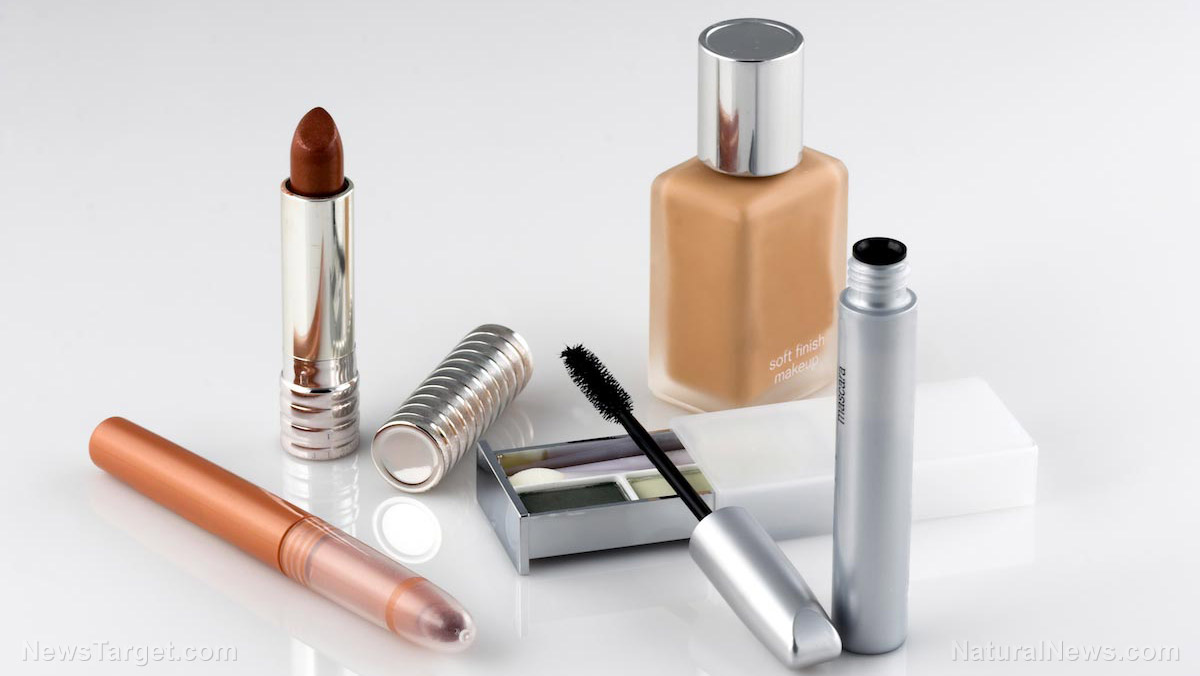
The main thing to keep in mind is that the regulations for cosmetics labels are extremely loose. Terms like “natural,” “plant-based” and “non-toxic” do not have any legal definition, so it’s easy for brands to mislead people. Here is a look at some of the terms you might encounter and what they could mean.
Organic
“Organic” might be a regulated term for food, but the FDA does not regulate its use when it comes to personal care products. Instead, the USDA regulates organic claims made by cosmetics, and it only applies to agricultural ingredients. The USDA Organic seal will go on products that either contain 100 percent organically produced ingredients or 95 percent organically produced ingredients with other 5 percent being ingredients appearing on a list of approved substances. GMOs are prohibited and manufacturing specifications must be met.
You might also encounter an “NSF contains organic ingredients” seal, which means the product has at least 70 percent organic content. To get this designation, genetically modified derived ingredients and petrochemicals aren’t allowed.
Any products claiming to be organic that do not bear these seals likely did not meet the aforementioned standards, so you should take their organic claims with a huge grain of salt.
Natural
The word “natural” is used liberally on personal care products, but you should know that it has no legal definition and its use is not regulated. Therefore, a manufacturer’s idea of “natural” might not – and often doesn’t – line up with a more technical interpretation of the term.
A study carried out by the Organic Consumers Association in 2008 found that more than 40 percent of the products they tested that claimed to be natural had an undisclosed cancer-causing petrochemical. On a similar note, complaints were filed in 2016 by the Federal Trade Commission against four brands that were marketing personal care products with claims like “all-natural” despite containing synthetic ingredients.
It’s also important to keep in mind that not all naturally-occurring ingredients are safe. For example, you wouldn’t want to use a face cream with poison ivy, so read labels carefully. Some natural ingredients could also contain heavy metal contamination. This is a problem is products containing clay, for example.
Non-toxic and hypoallergenic
Many companies claim their product is non-toxic to put consumers’ worries at ease, but this can be a bit misleading. Nearly everything can be toxic in the right dose or situation. Another problematic term is “hypoallergenic.” The truth is that there aren’t any federal standards for its use. The FDA itself warns: “The term means whatever a particular company wants it to mean. Manufacturers of cosmetics labeled as hypoallergenic are not required to submit substantiation of their claims to FDA.”
Making better choices
You should always make a point of scrutinizing the labels of everything you buy. You can use USDA organic seals to help narrow down your options, but you cannot depend on other terminology to guide your choices. Check the lists of ingredients, and if you have any doubt about something, you can consult resources like the SkinDeep database offered online by the Environmental Working Group. This database contains ratings for more than 70,000 products according to the dangers linked to their ingredients.
Another great solution is making your own beauty products using ingredients you know to be organic and natural. While some cosmetics can be tricky to replicate on your own, ingredients like olive oil, shea butter, cocoa butter, and essential oils can all be used to make homemade skincare products. Because skincare products are applied to such a large area of your body, making your own can bring you a lot of peace of mind.
See more news coverage of ingredients used in cosmetics at Cosmetics.news.
Sources for this article include:
Please contact us for more information.























